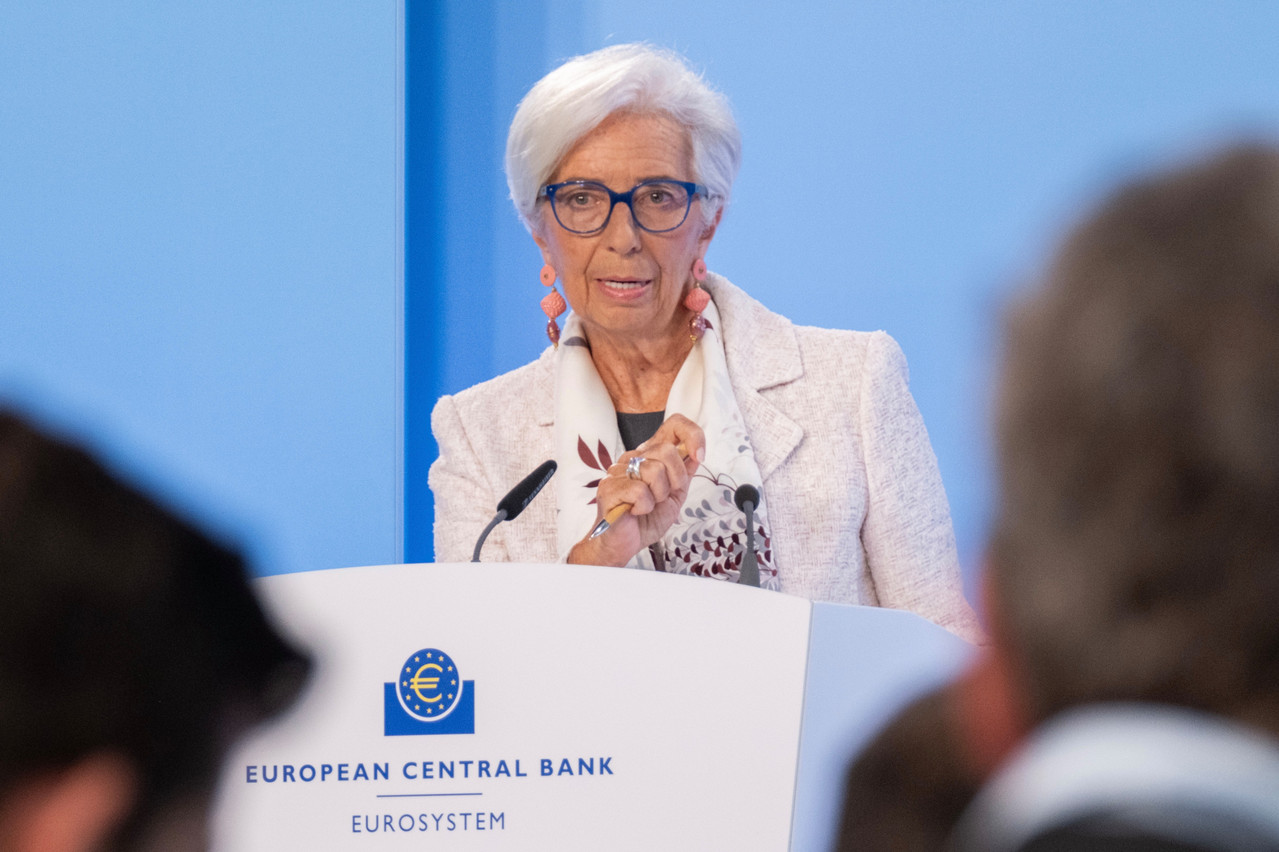In an atmosphere of increasing uncertainty, financial experts remain divided over the European Central Bank’s potential key rate hike, scheduled for voting during its next governing council meeting on Thursday 14 September. The division comes after significant shifts in the European economy and inflationary pressures that have been observed since the last policy-setting meeting on 27 July.
This pending 25 basis points hike is shrouded in uncertainty and if approved, will be the tenth consecutive rate hike since July last year. Regardless of the decision, there is a shared sentiment that the ECB has reached the pinnacle of its monetary policy tightening efforts.
Rate hike hawks
Expectations of a rate hike have been bolstered by various statements from key financial figures. Isabel Schnabel, a critical member of the ECB’s executive board, recently , “Should we judge that the policy stance is inconsistent with a timely return of inflation to our 2% target, a further increase in interest rates would be warranted.” This statement could potentially signify a 25bps hike in the euro area’s key banking rates.
Supporting this hawkish outlook, Carsten Brzeski, global head of macro at ING, also , on 6 September, “It’s a very close call, but we continue to expect a final [25bps] rate hike at next week’s ECB meeting.”
Analysts at Danske Bank anticipate a similar outcome, on 6 September that “the ECB will deliver a final 25bp rate hike during next week’s meeting due to still too strong inflation momentum and projected inflation above the target.”
Simon Harvey, head of FX analysis at Monex Europe, commented that “ECB should hike the deposit rate to 4% and then hold to avoid having to resume its hiking cycle at a time when the economy is in a much more precarious position.” Harvey argued that the ECB has a narrow window for rate hikes and any further increases beyond this period could risk plunging the eurozone into recession, if efforts to curb inflation falter.
Yet, the road ahead is not without its complexities and conflicting opinions. Volker Schmidt, senior portfolio manager at Ethenea, warned that the ECB’s future adjustments in inflation forecasts could dictate the likelihood of more rate hikes. “In June, the ECB forecast average headline inflation of 3% in 2024 and 2.2% in 2025. Any increase in this forecast makes further interest rate hikes more likely,” he .
Growing scepticism
Further complicating the picture is from the European Commission, indicating a slowdown in growth and a gradual decline in inflation for both the EU and the euro area.
Additionally, a Bloomberg survey found economists as on whether the ECB will opt for another rate hike or choose what they term a “hawkish pause.”
Ludovic Subran, chief economist at Allianz, , “Although we continue to expect the ECB to implement a final 25bps hike to arrive at a peak rate of 4% (deposit rate), there is a growing risk that policymakers might opt for a hawkish pause next week.”
Klaas Knot, the president of the Dutch central bank and a voting member of the ECB governing council for this Thursday’s meeting, stated in a Bloomberg that the decision would be “a close call.”
Echoing similar uncertainty, the Financial Times that the ECB’s decision on whether to raise interest rates is “resting on a knife-edge.”
As the ECB prepares for its consequential meeting on 14 September, market participants and policymakers alike are closely watching how the bank will navigate the current landscape of conflicting economic indicators and uncertainties.
More importantly, regardless of the meeting outcome, one thing remains certain--this meeting represents the ECB’s last major monetary policy move for the year--and Christine Lagarde, president of the ECB, will that “the key ECB interest rates will be set at sufficiently restrictive levels for as long as necessary to achieve a timely return of inflation to our 2% medium-term target.”
